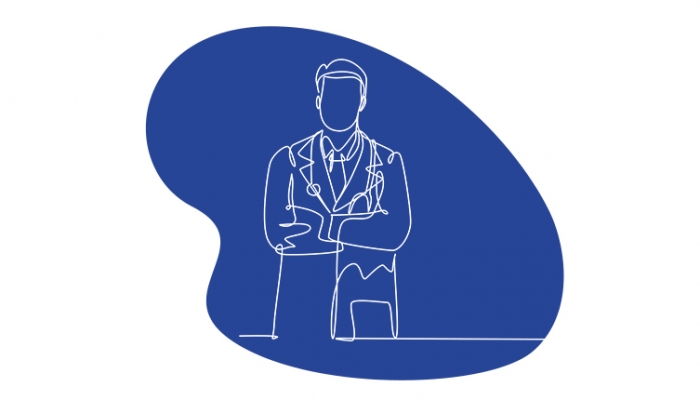PR & comms conundrum: When an expert’s expertise is in question
Working in PR and comms means connecting experts and spokespeople to the media, the charities you work with, and perhaps even the occasional regulatory body.
What happens if an expert’s expertise is called into question? What if their recommendations have resulted in regulation that otherwise would not and should not have been put into law? And most importantly, how do you right the wrongs before they cause real damage?
Doing due diligence on experts you provide PR services for – particularly in the medical field – is a must before signing any contracts, particularly as there are plenty of past horror stories that should trigger a shudder from any comms pro. Here are a few, as well as expertise you can trust on how to counter similar situations that could arise.
The challenges of vetting medical experts
Remember the case of former daytime doctor du jour Dr Raj Persaud? After admitting to plagiarism during a General Medical Council hearing in June of 2008, the high-profile TV expert lost media bookings and trust. Press reports of the time highlighted Dr Persaud’s ‘disgrace’ and ‘dishonesty’, while The Telegraph characterised the time following as his ‘wilderness years’. This case impacted the television brands that had worked with the expert, too – including ITV’s This Morning, which was tasked with finding a new health expert and rebuilding trust with its audience.
A more recent tale of a medical expert raising eyebrows is the case of Dr Ryan Cole, a pathologist and member of America’s Frontline Doctors who faced scrutiny after lending his credentials to misinformation related to the COVID-19 vaccine. With anti-vax sentiment having potentially dangerous consequences on public health, The Washington Medical Commission (WMC) issued a statement of charges against Dr Cole’s Washington physician license in January 2023.
Very different in scope to both examples, but no less impactful, is the case of Dr Paul McCrory – an example which has been covered with gusto by the UK media and had repercussions for sport across the globe.
When expert guidance can have dangerous impacts on the public
Called ‘one of the most influential figures’ in his field by The Guardian, a significant part of Dr McCrory’s work throughout the 2000s – including a paper published by the British Journal of Sports Medicine during his tenure as editor-in-chief called ‘When to retire after concussion?’ – centred on the impact of multiple brain injuries on sports players.
Thinking from his work in this field was included in the Zurich concussion consensus of 2009 – a document funded and endorsed by FIFA, the International Olympic Committee (IOC), and the IRB (now known as World Rugby). Rugby union players were impacted directly by assertions that concussion procedures used by many sports regulators at the time were ‘arbitrary’ and should be updated; the former mandatory three-week stand down for those with concussion was changed to a six-day graduated return to play after the IRB’s medical conference in 2011.
But there’s a slight problem with the expertise that helped these changes along. The original piece published in BJSM has since been retracted due to findings of plagiarism, among other issues. World Rugby moved away from the six-day return to play rule, while long-established practice regarding concussions in sports came into question.
PRs must be part of the fact-checking process
Stone Junction’s owner Richard Stone regularly connects experts with relevant organisations and media contacts and believes that as a PR person, you need to be ‘certain, within reasonable doubt, that the information you are communicating is true and the experts you are putting forward for interview are telling an accurate story to the best of their knowledge.’
‘Frankly, the media – in which I include the PR sector – is tasked with making information interesting to its readership or audience. It’s inevitable that this means it won’t fully and comprehensively communicate the contents of a piece of scientific research – but that doesn’t mean it has to be inaccurate. You will have your angle, you will select which bits of the story to tell, but it’s still possible to make those bits of the story factually accurate.
‘Journalists are much less of a problem in this context than scrapers, bots, AIs and biased sources. There are far fewer instances of reputable journalists getting it wrong than there are of unreputable communicators telling a story founded on something which is untrue or inaccurate. The echo chamber of choice is much more damaging than the flaws in the economy of truth.’
Ultimately, avoiding issues with inaccurate expertise is part of the PR toolbox:
‘You must develop understanding of your sector, fact check everything,’ says Richard.
‘If you weren’t doing that beforehand, you can spend as much time on Retraction Watch as you like, but you aren’t going to suddenly make better decisions.’
For more on the fight against misinformation and ensuring the stories you’re helping to amplify are worth sharing, download our white paper ‘Medical misinformation: How PR can stop the spread’.



Leave a Comment